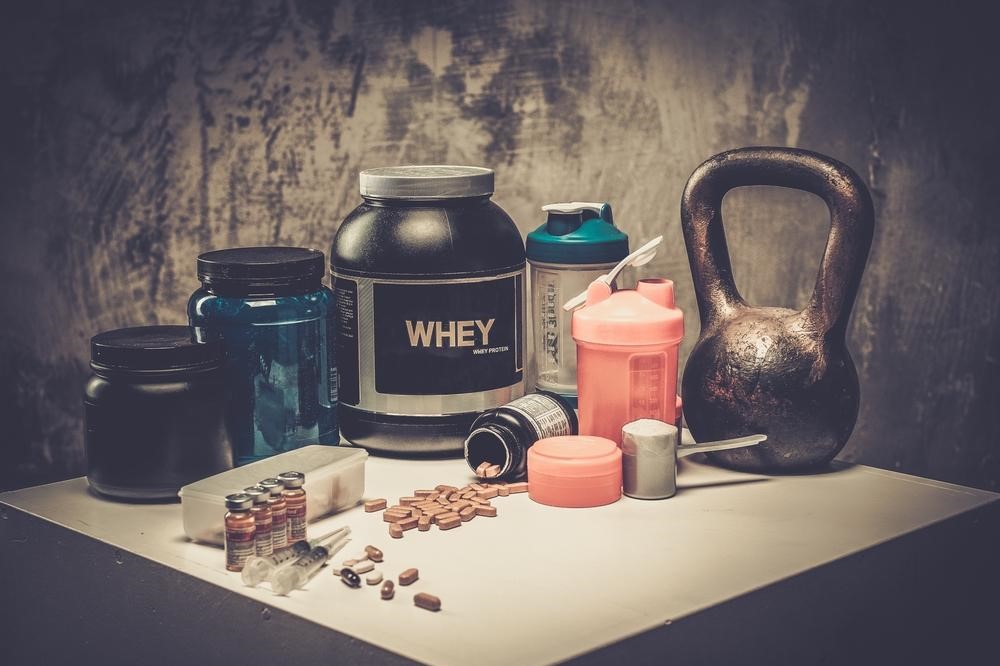Importance of vitamins and supplements
Surveys reveal that although a large number of Americans are turning vegetarian or vegan every day and are embracing healthier lifestyles, modifying eating patterns and favor natural, organic food products for themselves and their children, the sale of vitamins and supplements have not diminished at all. Dietary supplements are in widespread use with close to 50% of Americans taking at least one supplement every day with the intention of becoming healthier.

Although a vast section of the American population chooses to have home cooked meals and include fresh fruits, vegetables, seeds, and nuts in their everyday diet, there is still a large number of people for whom everything from the first coffee of the day till the sweet dessert at night is procured from retail store shelves, packaged neatly in boxes or cans with attractive designs. Irrespective of their basic differences, both these sets of people invest a large part of their income to buy essential food supplements like B and C vitamins, magnesium, zinc, calcium, protein powders and drinks, and joint supplements.
While living conditions and lifestyles are improving on one hand, so are the number of health deficiencies in humans. For example, spending more time indoors in air-conditioned environments, in front of the television, computers or other electronic gadgets and with very little or almost no exposure to the natural sun, vitamin D deficiency is on the rise. Though spending more time exercising or playing outdoors is the best way to increase the direct absorption of vitamin D from its provider, the sun, taking the daily advised quota of vitamin D through supplements is soaring.
There is a significant reduction in infant mortality and a tremendous increase in the life expectancy of people in the last decades because of advanced medical research and the easier access to therapeutic and healing facilities.However, along with this progress, the frequent sanitization of our environments in the name of clean living has led to the destruction of invaluable friendly bacteria that helps strengthen our immune system naturally. The increase in the demand for probiotic nutrient supplements has proven this clearly because maintaining a healthy gut and a strong digestive system to absorb the beneficial fiber and essential nutrients from the food we eat is a fundamental requirement.
Increase in literacy rates and the general awareness of people, easy access to books, magazines and information on the internet, and the interest generated by advertisements by pharmaceutical companies and medical associations alike, have boosted the production, availability, and consumption of vitamins and food supplements.